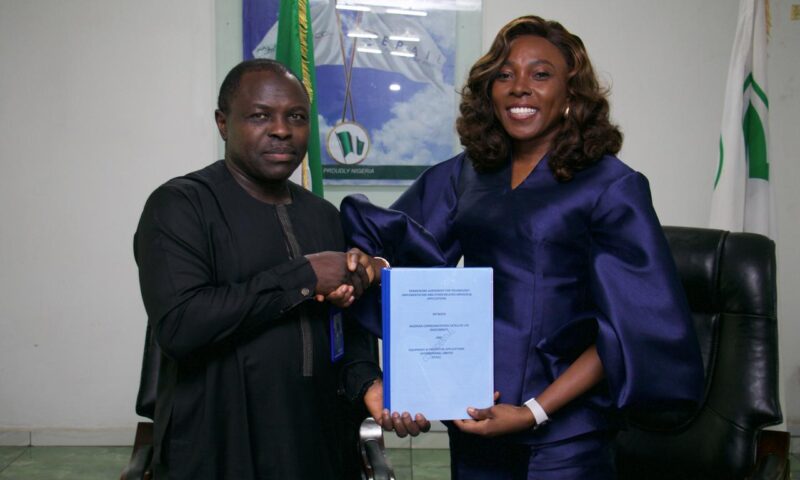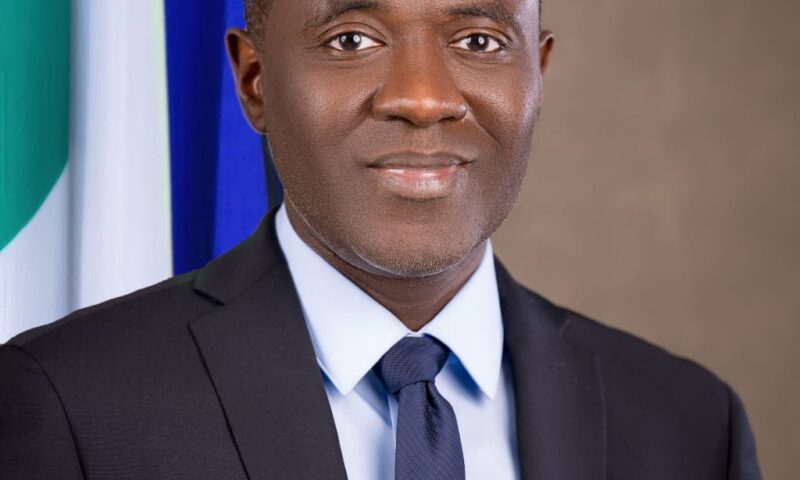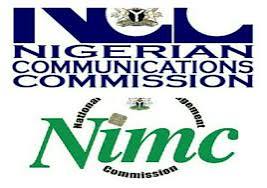NIGCOMSAT,MOMAS- EPAIL Sign Pact On Robust Communication Infrastructure
Mohammed Shosanya
The Nigerian Communications Satellite Limited,(NIGCOMSAT) and MOMAS Equipment and Protective Applications International Limited (EPAIL), has announced partnership on effective communication infrastructure in order to boost national security.
Signing the Memorandum of Understanding (MoU),at Mowe in Ogun State,the Managing Director, NIGCOMSAT, Mrs Nkechi Egerton-Idehen commended MOMAS-EPAIL’s remarkable investment in Nigeria towards developing local content in power, defense and other sectors.
Egerton-Idehen commended MOMAS-EPAIL for being at the forefront of innovation toward improving national security.
Urging other indigenous companies to partner with NIGCOMSAT to move the country forward through effective server communication network.
She said: “Today is very historic because, it’s the signing of a partnership between NIGCOMSAT and MOMAS-EPAIL which is strategic.
” Most people that do not know that MOMAS-EPAIL is involved in manufacturing of defense materials for security.And NIGCOMSAT is the premier satellite communication company for Nigeria.So, there is value in collaborating in helping our defense sector.”
Egerton-Idehen said that MOMAS-EPAIL had shown that partnering with local companies could be possible.
Speaking,Mr Kola Balogun,the Chairman, MOMAS-EPAIL said that the partnership with NIGCOMSAT would build effective database and improve on data collection for national security.
Balogun said that the firm had developed a very strong knowledge -based information that would protect the security network.
He said that the company had grown remarkably in providing Armoured vehicles and some classical operational materials.
Balogun said that building synergy with NIGCOMSAT would enhanced group communication infrastructure and also enhance front line operations.
Balogun said the MoU would serve as a tools of exchanging informations in security, intelligence and communication with lots of classified information.
“All the vital information has to be embedded in the agreement such that information that are important to the security of Nigeria can be saved and domesticated.This will further enhance our services and effectiveness towards service delivery to defense sector,” he said.
EPAIL is a member of the MOMAS group of companies which was established with the goal of advancing local technology research and development in order to provide effective security solutions for safeguarding lives and properties.
The company has obtained the first manufacturing facility in Nigeria dedicated to producing bulletproof vests, ballistic helmets, and other defense-related equipment.
EPAIL’s collaboration with DICON further strengthens its commitment to fulfilling significant security requirements in the defense industry.
As an indigenous company, EPAIL hosts a dedicated research and development team focused on continuous innovation of security solutions.











